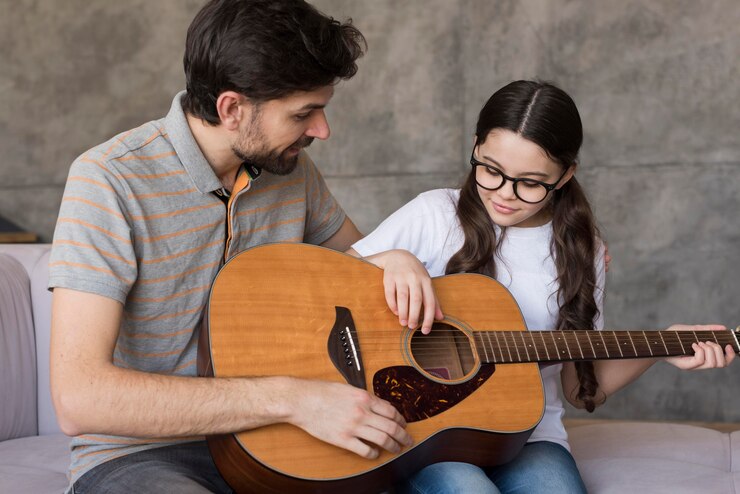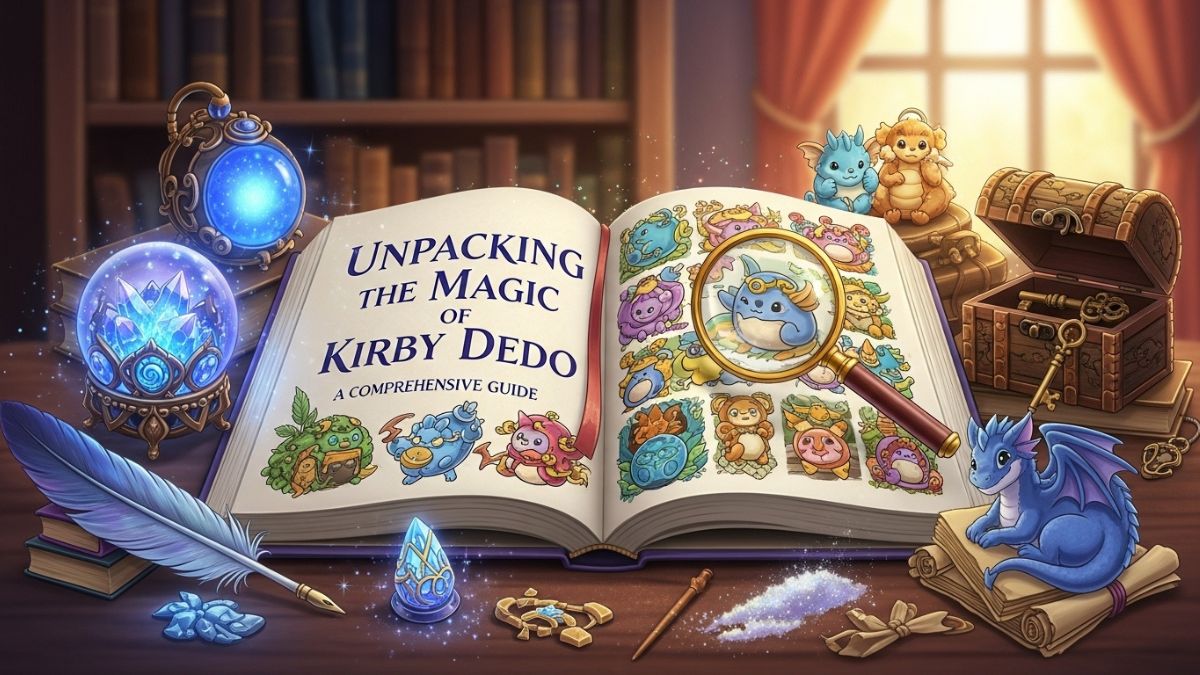Learning the guitar can be an exciting and fulfilling experience, whether you want to play for fun, perform on stage, or compose your music. However, starting guitar lessons requires preparation and understanding to maximize your learning journey. Choosing the right approach, being aware of the challenges, and setting realistic goals will help you progress smoothly. We will explore the key aspects you need to know before beginning guitar lessons Tampa, from understanding the instrument to finding the mindset for success. You can enjoy learning while staying committed to long-term improvement by preparing ahead.
Choosing the Right Guitar for Your Learning Style
Selecting the right guitar is one of the most critical decisions you will make before starting lessons. There are two primary types of guitars for beginners: acoustic and electric. Each type has advantages, depending on your goals and personal preference. Acoustic guitars are ideal for playing folk, classical, or singer-songwriter styles. They are portable, produce natural sound, and do not require amplifiers.
On the other hand, electric guitars offer a different experience, particularly for those interested in rock, blues, or metal. They are easier to play for beginners due to their lighter strings and smaller necks, though they require additional equipment like amplifiers and cables. Beyond the type, factors such as guitar size, string tension, and comfort are essential when choosing. Trying out a few guitars and seeking instructor recommendations can help you find an instrument that feels natural and motivates you to practice.
Setting Realistic Goals for Your Progress
Before starting lessons, setting clear and realistic goals for your guitar journey is important. Many beginners envision mastering the guitar quickly, but learning requires time, patience, and consistent practice. Setting short-term goals such as learning basic chords, playing simple songs, or improving finger positioning will motivate you. Long-term goals, such as mastering complex songs or performing live, provide direction and give you something to work toward over time. It is also essential to understand that progress may be slow in the beginning as your fingers adjust to fretting notes and building strength. Instead of comparing yourself to others, focus on personal improvement and celebrate small milestones. Your teacher can help you set goals tailored to your skill level and interests, ensuring steady progress. You will remain encouraged and excited about achieving your guitar-playing dreams by breaking the learning process into manageable steps.
Building Finger Strength and Dexterity
One challenge many beginners face is developing finger strength and dexterity, essential for playing the guitar comfortably. Your fingers must adjust to pressing down on strings while maintaining proper posture, which can initially feel unnatural or even painful. It is important to approach this stage gradually to avoid frustration or injury. Simple exercises such as finger stretching, scales, and chord changes can help you build strength and improve flexibility. Practicing regularly, even for short durations, will make noticeable improvements.
Additionally, you may experience finger soreness as calluses form on your fingertips, a normal part of the learning process. Developing calluses reduces sensitivity and allows you to play for longer periods without discomfort. By focusing on consistent, deliberate practice, your hands and fingers will adapt to the physical demands of playing the guitar, making it easier to transition between chords and play songs fluently.
Understanding Basic Music Theory and Chords
Before beginning guitar lessons, having a general understanding of basic music theory can significantly improve your learning experience. While you do not need to master advanced concepts immediately, knowing the fundamentals will help you understand how music works and how to play confidently. Learning about chords, scales, and rhythm provides the foundation for playing songs and improvising. Major and minor chords are often the starting point for beginners, as they form the backbone of most popular music. Understanding chord progressions allows you to recognize song patterns, making it easier to play along.
Additionally, learning simple scales helps you build finger coordination and prepares you for more advanced techniques, such as soloing and improvisation. Many guitar teachers gradually incorporate music theory into lessons so that you can learn it in a relevant and practical way. Combining theory with hands-on practice, you will develop a well-rounded understanding of the guitar and its role in creating music.
Finding the Right Teacher or Learning Resources
Finding the right teacher or learning resources significantly affects your progress as a beginner guitarist. A qualified teacher can provide structured lessons, correct mistakes early on, and adapt their teaching methods to suit your learning style. Whether you prefer private lessons, group classes, or online instruction, finding an instructor who inspires and motivates you is important. Online platforms and video tutorials offer a flexible alternative for those who need help to commit to traditional lessons. Many websites provide free or paid lessons that cover everything from basic chords to advanced techniques. However, ensuring that the resources you choose are accurate and suitable for beginners is important. Combining multiple learning methods, such as video tutorials, instructional books, and teacher guidance, can help you learn more effectively. Regardless of your chosen approach, consistency and commitment to practice are essential to making meaningful progress and enjoying the learning experience.
Learning the guitar is a rewarding journey that offers personal fulfillment, creative expression, and a sense of accomplishment. Before starting lessons, it is essential to understand the basics, such as choosing the right guitar, building finger strength, and familiarizing yourself with simple music theory. Setting realistic goals, finding effective learning resources, and maintaining consistent practice will help you progress steadily. Adopting the right mindset and embracing challenges will also ensure a positive and enjoyable learning experience. By preparing yourself mentally and physically, you will set the foundation for long-term success and discover the joy of playing music on the guitar.















